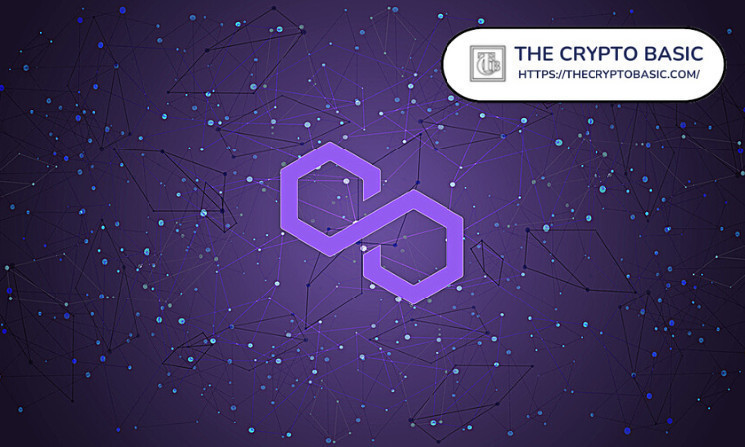Polygon has announced that it will be implementing a major mainnet upgrade on September 4, 2024, following the approval of the proposal by the community. This upgrade will involve a transition from the native MATIC token to a new token with the ticker POL, along with the introduction of new smart contracts.
The migration process to the new POL token is set to commence on September 4th. As per Polygon Labs, PoS validators on the Polygon network will be required to stake POL in order to earn protocol rewards and transaction fees in the new token. This shift to POL as the native gas and staking token for Polygon’s PoS chain aligns with the roadmap laid out in the “Polygon 2.0” plan unveiled last year.
The upcoming Polygon 2.0 architecture is poised to enhance the network’s security and efficiency by bringing together various scaling solutions, including the Polygon PoS sidechain and the Polygon zkEVM zero-knowledge rollup network. The introduction of the AggLayer is expected to facilitate improved interoperability across multiple ZK-Rollup chains within the Polygon ecosystem.
Moving forward, POL is expected to play a pivotal role in the new Polygon staking hub set to launch in 2025. This includes functions such as block generation, zero-knowledge proof generation, and participation in Data Availability Committees (DACs).
For existing MATIC holders on the Polygon PoS chain, the transition to POL will be seamless, with tokens automatically converting to the new token without any user intervention. However, MATIC holders on Ethereum, Polygon zkEVM, or centralized exchanges may need to take action to upgrade to POL through a migration contract deployed on Ethereum.
To ensure a smooth transition, the POL upgrade was first tested on the testnet on July 17, 2024. This testing phase allowed for any issues to be identified and resolved, ensuring that users and developers are well-prepared for the mainnet migration.









